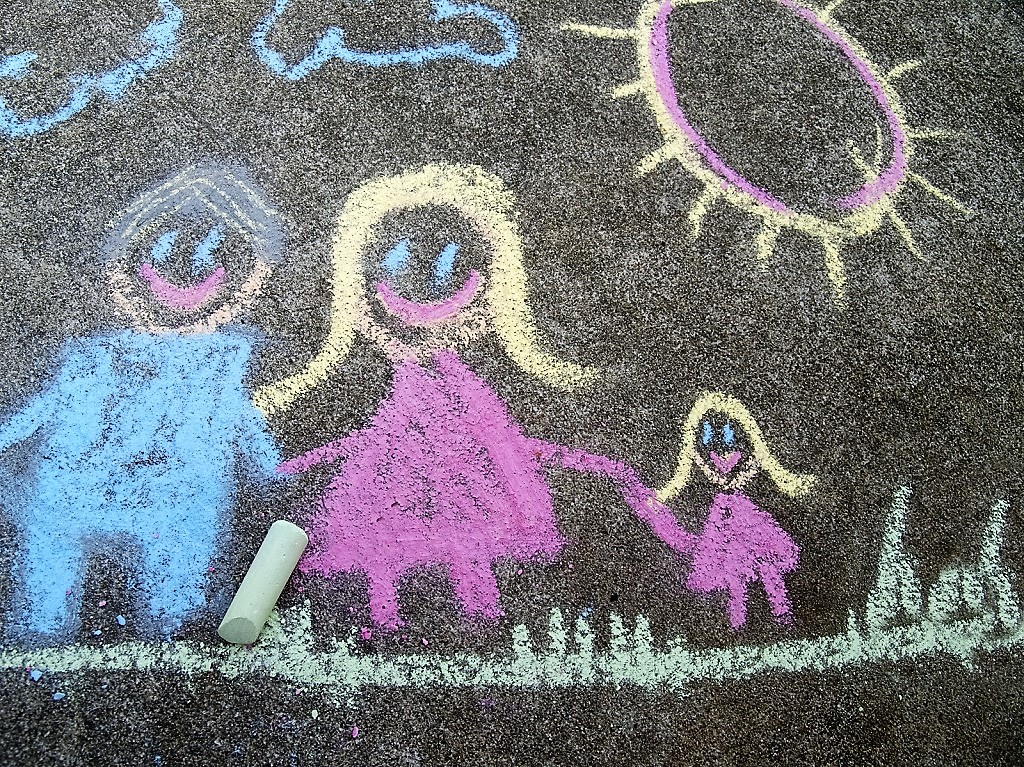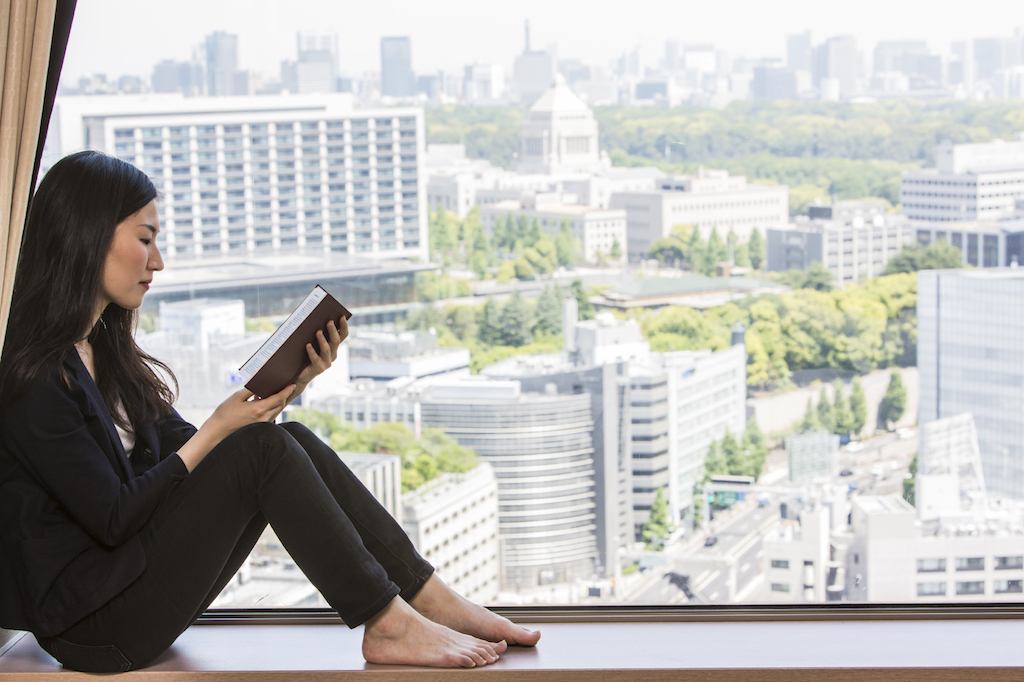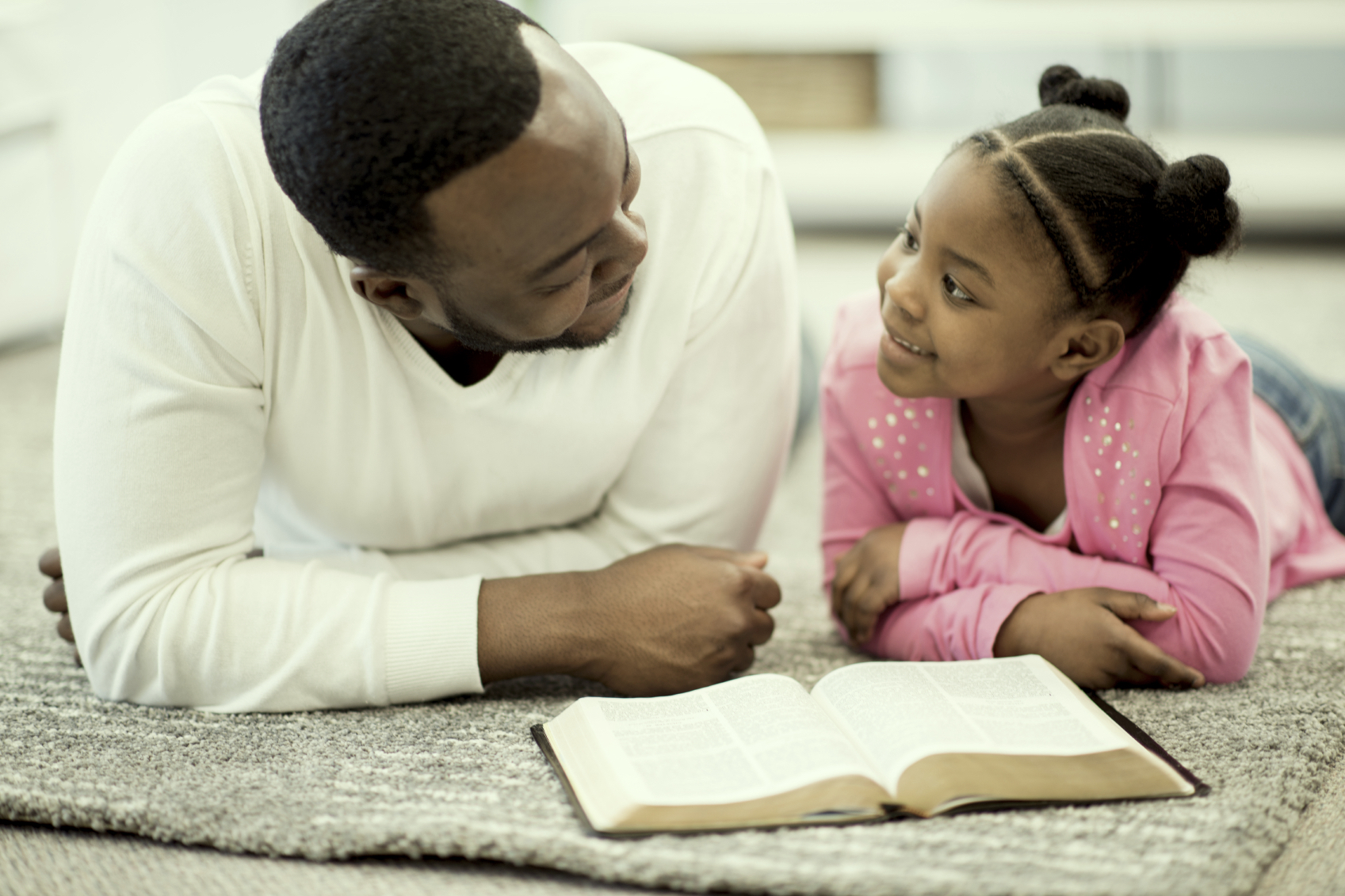We are in the midst of Ordinary Time. If you check the thesaurus, “ordinary” is equated with “humdrum,” “routine,” “run-of-the-mill.” Is this what the Church has in mind for this particular part of our liturgical calendar?
No. The highlights of the liturgical calendar are Easter and Christmas. Ordinary time is about the points in between, focusing on the life of Christ. The United States Conference of Catholic Bishops:
Ordinary Time is a time for growth and maturation, a time in which the mystery of Christ is called to penetrate ever more deeply into history until all things are finally caught up in Christ. The goal, toward which all of history is directed, is represented by the final Sunday in Ordinary Time, the Solemnity of Our Lord Jesus Christ, King of the Universe.
For those of us who live in the northern hemisphere, we are enjoying longer and warmer days. People head off on summer vacations, make plans to be on the water for a quiet evening of fishing or a day of water-skiing adventures. We slow down. We sit by the bonfire and talk and sing. Our neighborhood walks are dotted with a few stops to catch up with the neighbors. Ordinary time is not “humdrum” or boring; it’s just a different rhythm.
How can we make Ordinary Time a more spiritual time? How can we, as the U.S. bishops say, grow and mature in our faith? Here are 7 ideas:
- Take your Bible to the bonfire. There is something about a fire on a quiet summer night that is perfect for meditation. Choose one of the Gospels at random and spend a bit of time praying. Or look over the upcoming Sunday’s Gospel reading. Let the Holy Spirit, who first came to us in fire, lead you in prayer.
- Vacation to a different parish. Even if you’re not traveling, ordinary time is a great time to go visit a parish near you that maybe you’ve never been to, or haven’t seen in a long time. You could visit your diocese’s cathedral, or a little country church. Either way, it’s a great reminder that we are the Universal Church and every Catholic church in the world is our home. If you’d like, pack a picnic lunch and make a day of it!
- Get into a rhythm of prayer. Priests and religious are bound to pray the Divine Office every day, but it’s a fine prayer for the lay faithful as well. It can be a little tricky learning how to do this, but practice makes perfect, and that goes double for prayer. There are websites that offer assistance in this. Another fine option is Magnificat monthly magazine, which is a truncated version of the Office (and, they have a children’s version!)
- Have your home blessed. The blessing of a home is a long-standing Catholic tradition. Why bless our house? Because we who live there are a domestic church; it is the nursery of faith and the place where our faith is lived out. Ask your pastor to bless your home, and ask if he’ll stay for dinner. What a wonderful way to spend a summer evening!
- Ditch the electronics for a day. Yup, this is hard. We will want to check our phones, catch a baseball game, beat our latest score on a video game. But just for a day, ditch the electronics. Head outside. Play tag. Decorate the sidewalks with encouraging messages. Have the neighbors over for ice cream after dinner. Give the dog a bath. Wander. Read. Take a nap. Enjoy the quiet, because this is where God speaks to us.
- Make the outside of your home look Catholic. Plant a Marian garden. Find a statue you really like (Mary, St. Francis of Assisi perhaps) and give it a fitting place of prominence. Plan a day for the kids to make garden stepping stones that reflect their faith.
- Make Catholic attractions part of your summer vacation. If you are on the road this summer, find a Catholic attraction or two to visit. Maybe it’s a shrine that features a huge cross, or a grotto dedicated to Mary, lovingly made by hand. This doesn’t mean you have to forgo a trip to the water park or skip mini-golf; just plan on one more stop that reminds us that the Catholic faith is big and bold and beautiful, and expressed in many loving ways.
Ordinary time is not meant to be boring or mundane. Enjoy this time of year, and find ways to move closer to Christ, because in Him we live and move and have our being.
(Don’t forget to enter our “Ordinary Time, Extraordinary Giveaway.” Three folks will get a great summer bundle of fun!)


